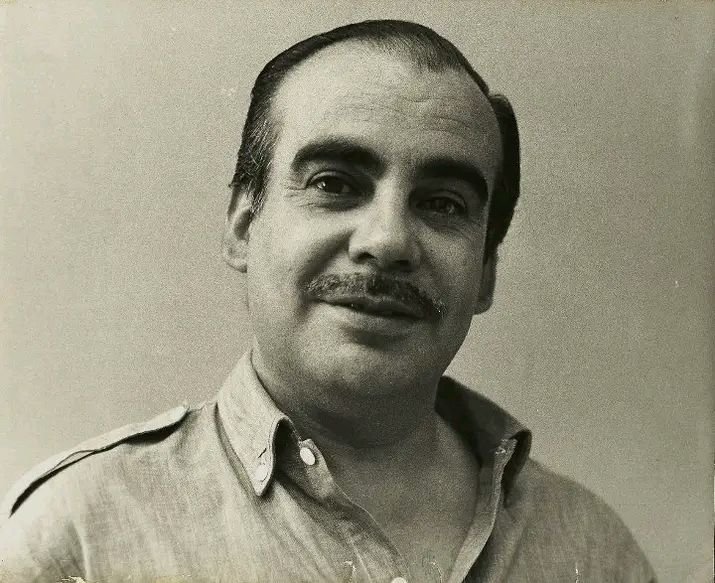
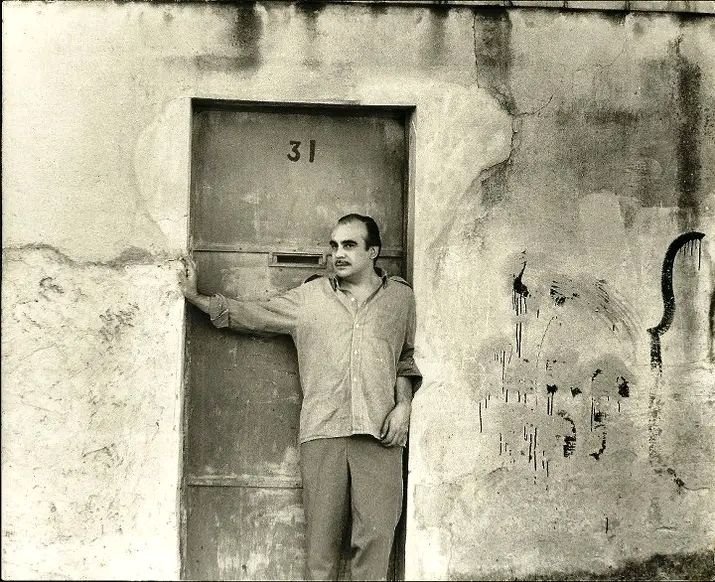
(fuente, fotos sacadas de: https://www.facebook.com/damasoogazDO )
Quiero hablarles de Dámaso y contarles de una obra que monto en Acarigua dirigida por el en el año 1980.
Dámaso Ogaz, nació en Santiago de Chile el 17 de Agosto de 1924 y Falleció en Caracas el 14 de Marzo de 1990. El nombre de pila de este personaje fue Víctor Manuel Sánchez Ogaz, y su nombre artístico fue Dámaso Ogaz. Fue un gran exponente del Mail art a nivel mundial, y en Venezuela fue pionero en darlo a conocer, excelente dramaturgo, pintor, Serigrafista, una persona que durante muchos años dio a Venezuela su fuerza y poder de la creación, entrego su vida al arte, la pintura, la literatura, la poesía, al teatro y su empeño por darlo a conocer a quienes le oían y lo respetaban, nunca dio su brazo a torcer, lucho y trabajo por lo que él quería y creía. Indagando sobre la vida de mi profesor encontré que hay tantas cosas escritas de él y aquí en Venezuela fue poco lo que se conoció. La misión de Dámaso Ogaz era enseñar, formar gente donde nadie se hubiese atrevido. Hoy en el día Internacional de teatro lloro de alegría, de nostalgia y son muchos los recuerdos de Dámaso ogaz, fue un gusto conocerle y recordar que sembró en mi corazón grandes deseos de ser alguien, de ser útil y poder ayudar. Me dio la oportunidad de trabajar con niños durante muchos años en la casa de la cultura "Carlos Gauna" en la ciudad de Acarigua. Él era un hombre excéntrico un poco anárquico, inconforme pero de su interior brotaba un rio de sensibilidad humana. Estaba descontento con la sociedad.
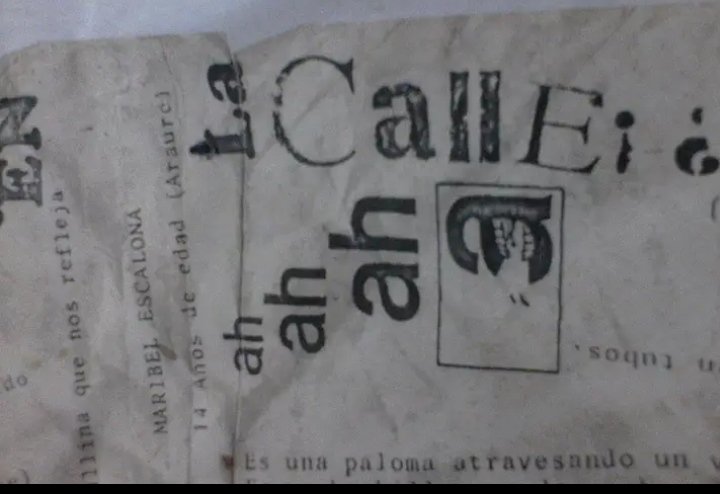
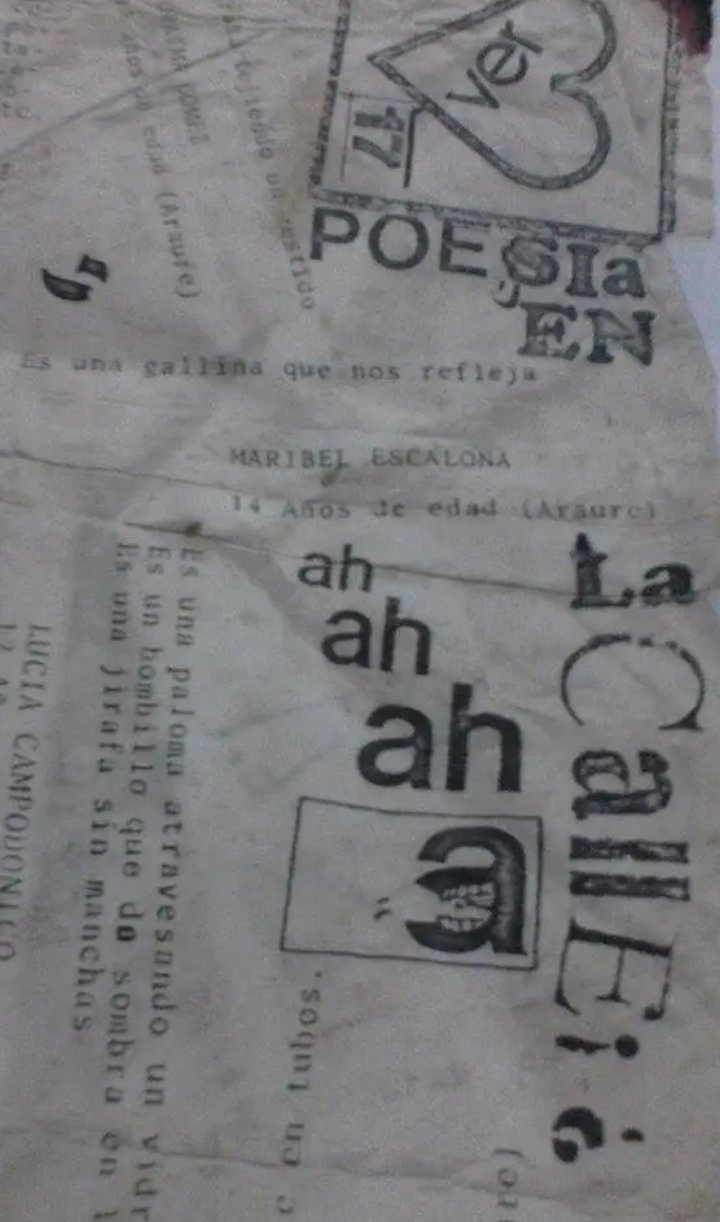
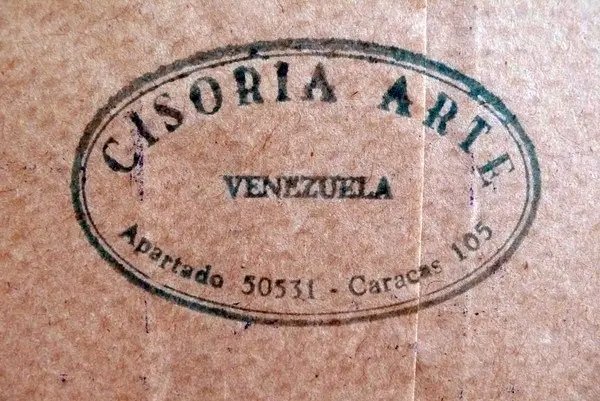
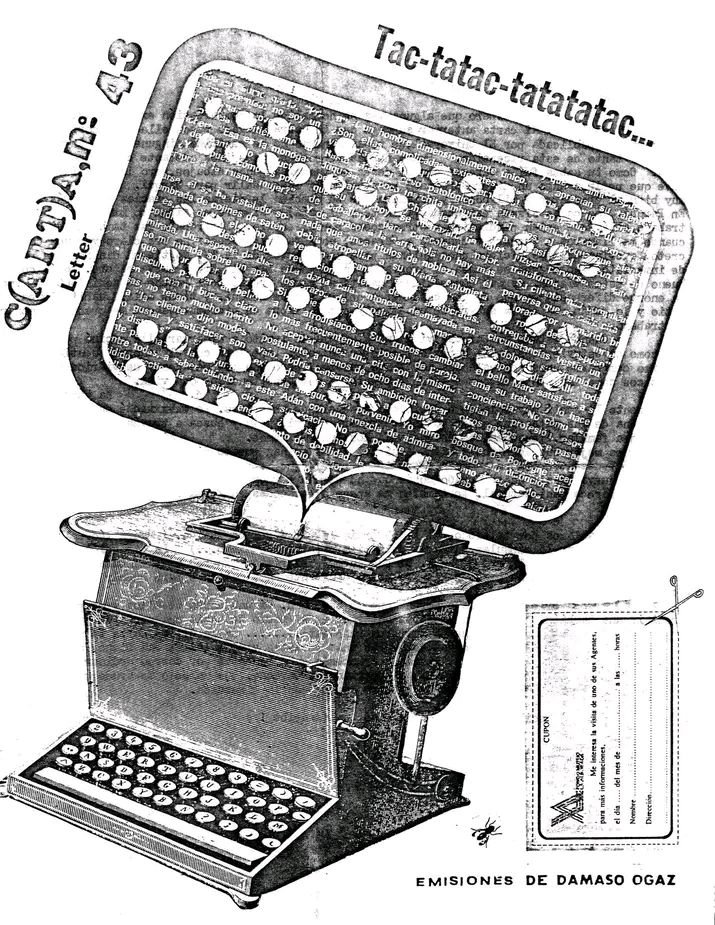
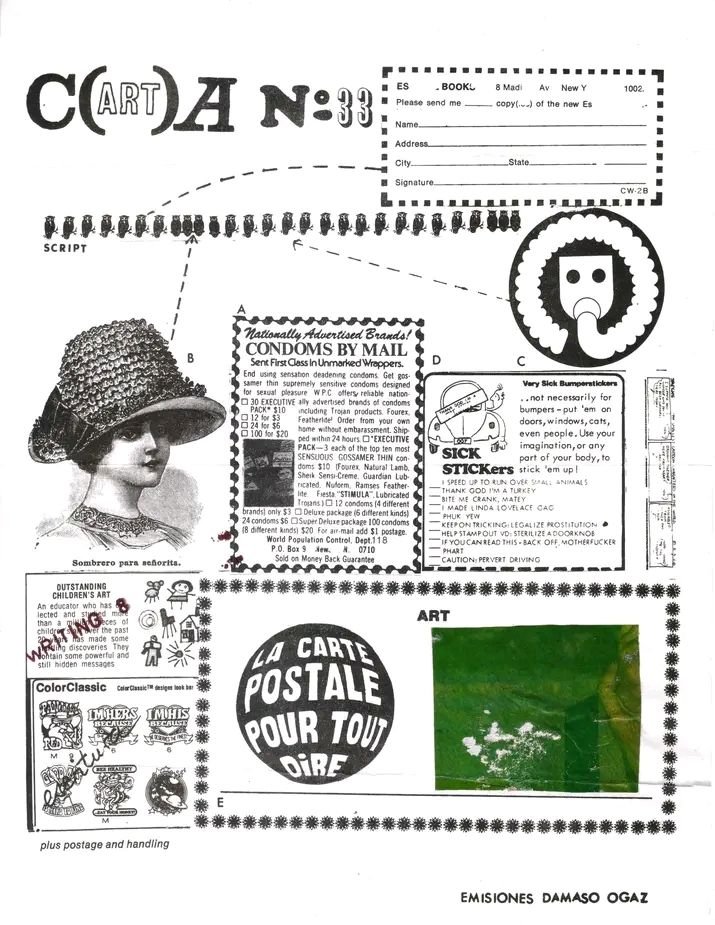
(fuente, fotos sacadas de: https://www.facebook.com/damasoogazDO )
El año 1980 monto en la ciudad de Acarigua un trabajo de creación colectiva, llamado “Lc: lavado cerebral”, donde cada uno de los participantes fueron capaces de crear, imaginar y exponer sus conceptos, ideas de una sociedad en decadencia, sin valores, con pérdida de principios, donde se pone en manifiesto la altivez, la arrogancia, y prepotencia del hombre. El hombre actual vanidoso, que vive de apariencia, plástico y envuelto con una capa de mentira, una sociedad de explotados y explotadores. Los personajes son hombres, mujeres y maniquíes. Dentro de esta obra teatral el dramaturgo Dámaso Ogaz utiliza lenguajes incoherentes pero con un gran significado, la utilización de la semántica y diferentes lenguajes para darse a entender y para representar a la sociedad. Su tema la palabra y la imagen. Siempre mostró su inconformidad y su anarquía. En esta obra el autor expresa las consecuencias de una sociedad mal dirigida, donde los intereses de un conjunto de desposeídos no son tomados en cuenta, los personajes con sus vestidos representan la lujuria, el placer de la vida y la vanidad de los hombres. El hombre que aparece en escena representa la autoridad carente de justicia y equidad, los maniquíes bien vestidos con trajes de pluma y telas de seda representan lo vano, lo superficial y la mente carcomida por el afán del dinero. En “Lc. Lavado cerebral” se pretende lavar el cerebro de esos muñecos y convertirlos en mentes más productivas, creativas, criticas participativas.
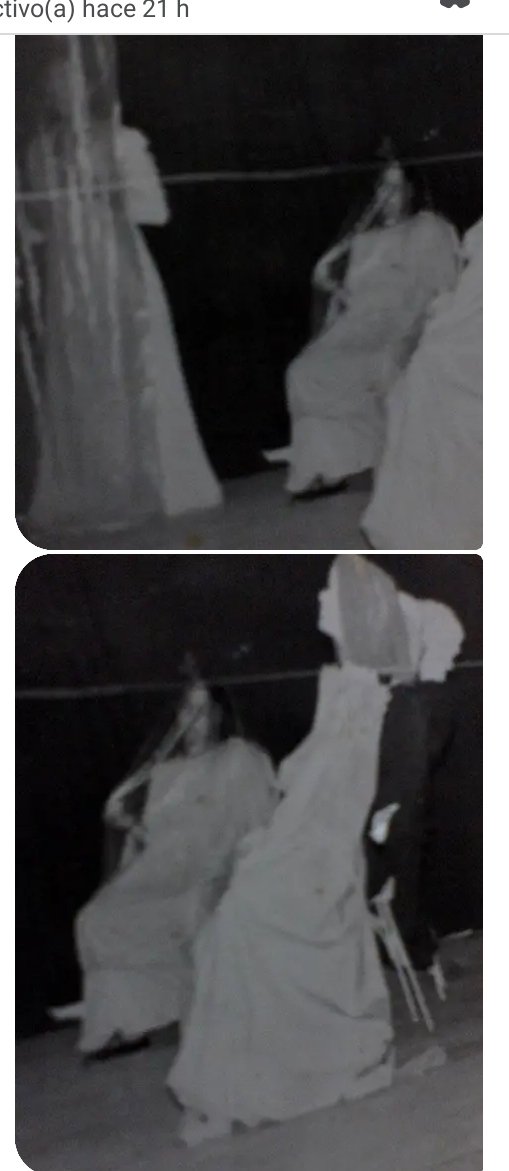
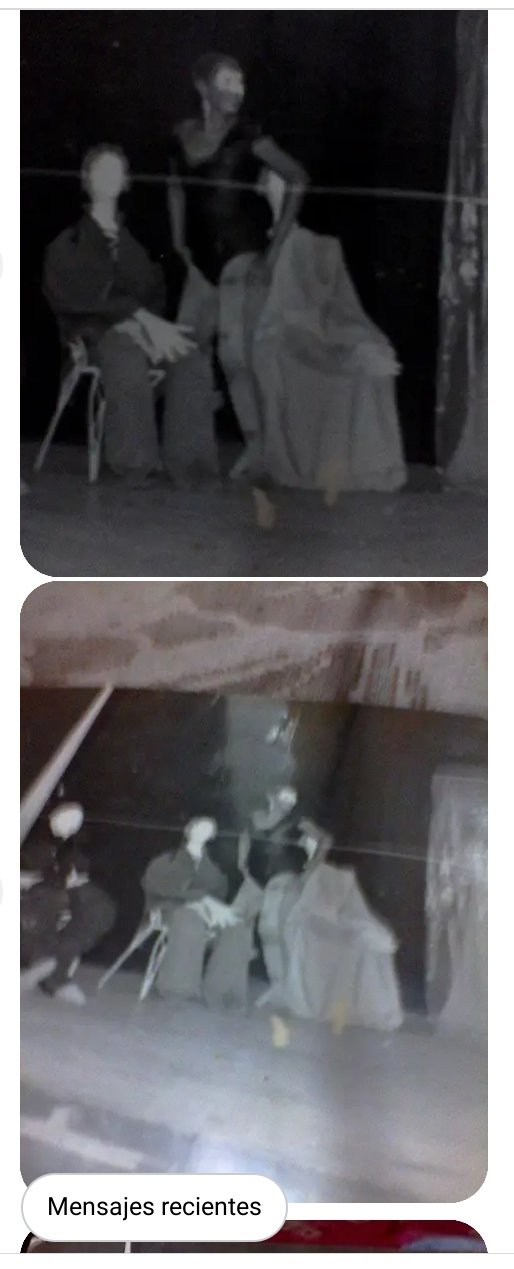
(fotos tomadas por mi)
Esta obra de teatro la estrenamos en el día internacional del teatro en 1980, a las 7 pm , el auditorio estaba repleto de muchos espectadores, era la primera vez que actuaba y habían más de 300 personas como espectadores, tenía que dar lo mejor de mí. A terminal la actuación el público se levantó y aplaudió, tan fuerte que mi corazón se llenó de alegría, pero algunos conocidos se me acercaron y manifestaron que no entendieron nada. Este hombre es considerado como uno de los grandes del arte Latinoamericano. En los años 60 viaja a Europa y es influenciado por las corrientes dadaístas y surrealistas y las incorpora a su arte experimental como nuevas formas de expresión, utilizando la semántica para comunicar, los volantes, trípticos, figuras llamativas para impresionar y que queden en la mente de la gente y no colgadas en la pared. Lo que sabía de él es “soy chileno y salí de ese país porque no soporte la dictadura de Pinochet”. Durante dos años, dio orientación y formación integral en cuanto al conocimiento del teatro. Como olvidarlo y recuerdo que en sus últimos días se quedó solo con su inconformidad.
ENG
ON INTERNATIONAL THEATER DAY I REMEMBERED MY PROFESSOR DAMASO OGAZ


(source, photos from: https://www.facebook.com/damasoogazDO )
On March 27th I celebrated the international day of theater, at home reading, remembering everything I did for more than 30 years and with nostalgia I remembered my great friend and theater teacher Damaso Ogaz.
I want to talk to you about Dámaso and tell you about a play that I staged in Acarigua directed by him in 1980.
Dámaso Ogaz was born in Santiago de Chile on August 17, 1924 and died in Caracas on March 14, 1990. His first name was Víctor Manuel Sánchez Ogaz, and his artistic name was Dámaso Ogaz. He was a great exponent of Mail art worldwide, and in Venezuela was a pioneer in making it known, excellent playwright, painter, silkscreen artist, a person who for many years gave Venezuela its strength and power of creation, gave his life to art, painting, literature, poetry, theater and his efforts to make it known to those who heard him and respected him, never gave his arm to twist, fought and worked for what he wanted and believed. Inquiring about the life of my professor I found that there are so many things written about him and here in Venezuela little was known about him. Damaso Ogaz's mission was to teach, to form people where no one would have dared. Today, on International Theater Day, I cry with joy and nostalgia and there are many memories of Dámaso Ogaz, it was a pleasure to meet him and remember that he planted in my heart a great desire to be someone, to be useful and to be able to help. He gave me the opportunity to work with children for many years in the house of culture "Carlos Gauna" in the city of Acarigua. He was an eccentric man, a little anarchic, nonconformist, but from within him flowed a river of human sensitivity. He was dissatisfied with society.





(source, photos from: https://www.facebook.com/damasoogazDO )
In 1980, in the city of Acarigua, I mounted a work of collective creation, called "Lc: brainwashing", where each of the participants were able to create, imagine and expose their concepts, ideas of a society in decadence, without values, with loss of principles, where the haughtiness, arrogance, and arrogance of man is revealed. The current vain man, who lives by appearance, plastic and wrapped with a layer of lies, a society of exploited and exploiters. The characters are men, women and mannequins. In this play the playwright Dámaso Ogaz uses incoherent languages but with a great meaning, the use of semantics and different languages to make himself understood and to represent society. His theme is the word and the image. He always showed his nonconformity and anarchy. In this work the author expresses the consequences of a misdirected society, where the interests of a group of dispossessed people are not taken into account, the characters with their clothes represent lust, the pleasure of life and the vanity of men. The man who appears on the scene represents the authority lacking in justice and equity, the well-dressed mannequins with feathered suits and silk fabrics represent the vain, the superficial and the mind eaten away by the lust for money. In "Lc. Brainwashing" it is intended to wash the brains of these dummies and turn them into more productive, creative, critical and participatory minds.


(photos taken by me)
We premiered this play on the international theater day in 1980, at 7 pm, the auditorium was packed with many spectators, it was the first time I acted and there were more than 300 people as spectators, I had to give the best of me. At the end of the performance the audience stood up and applauded, so loud that my heart was filled with joy, but some acquaintances approached me and said they did not understand anything. This man is considered one of the greats of Latin American art. In the 60's he traveled to Europe and was influenced by the Dadaist and Surrealist currents and incorporated them into his experimental art as new forms of expression, using semantics to communicate, flyers, triptychs, striking figures to impress and to remain in people's minds and not hanging on the wall. What I knew about him is "I am Chilean and I left that country because I could not stand Pinochet's dictatorship". For two years, he gave guidance and comprehensive training in the knowledge of theater. How to forget him and I remember that in his last days he was left alone with his nonconformity.
translator www.DeepL.com/Translator free version
Que interesante y lleno de emoción este relato, ahora me quedo con ganas de saber si actuó en otras obras o si todavía actúa? cuéntenos mas por favor
Si actúe en 2 obras, "Lavado Cerebral" y " mi ojo es más grande que el tuyo".El resto de mi actuación fue como directora de teatro infantil.Monte más de 40 obras infantiles de creación colectiva y disfrute al máximo está linda experiencia
El teatro lo lleva en las venas. Bonita experiencia.
ya no hace teatro!?
Si amiga ya no hago teatro, pero me encanta y mi vida es un teatro. Pero me gusta enseñar a chicos y jóvenes.
Felicitaciones, por tu estupendo post, @fulgencia-m, continúa posteando esas crónicas del teatro de suramérica y, en especial, ese trabajo del tablas del estado Portuguesa.
El recuerdo del maestro Dámaso Ogaz y la casa de la cultura "Carlos Gauna"; son vivencias extraordinarias del patrimonio cultural venezolano.
Me encanta tu post.
Soy y, estoy feliz de releer tu post.
Gracias hiramdo.
excelente,me encanta el arte